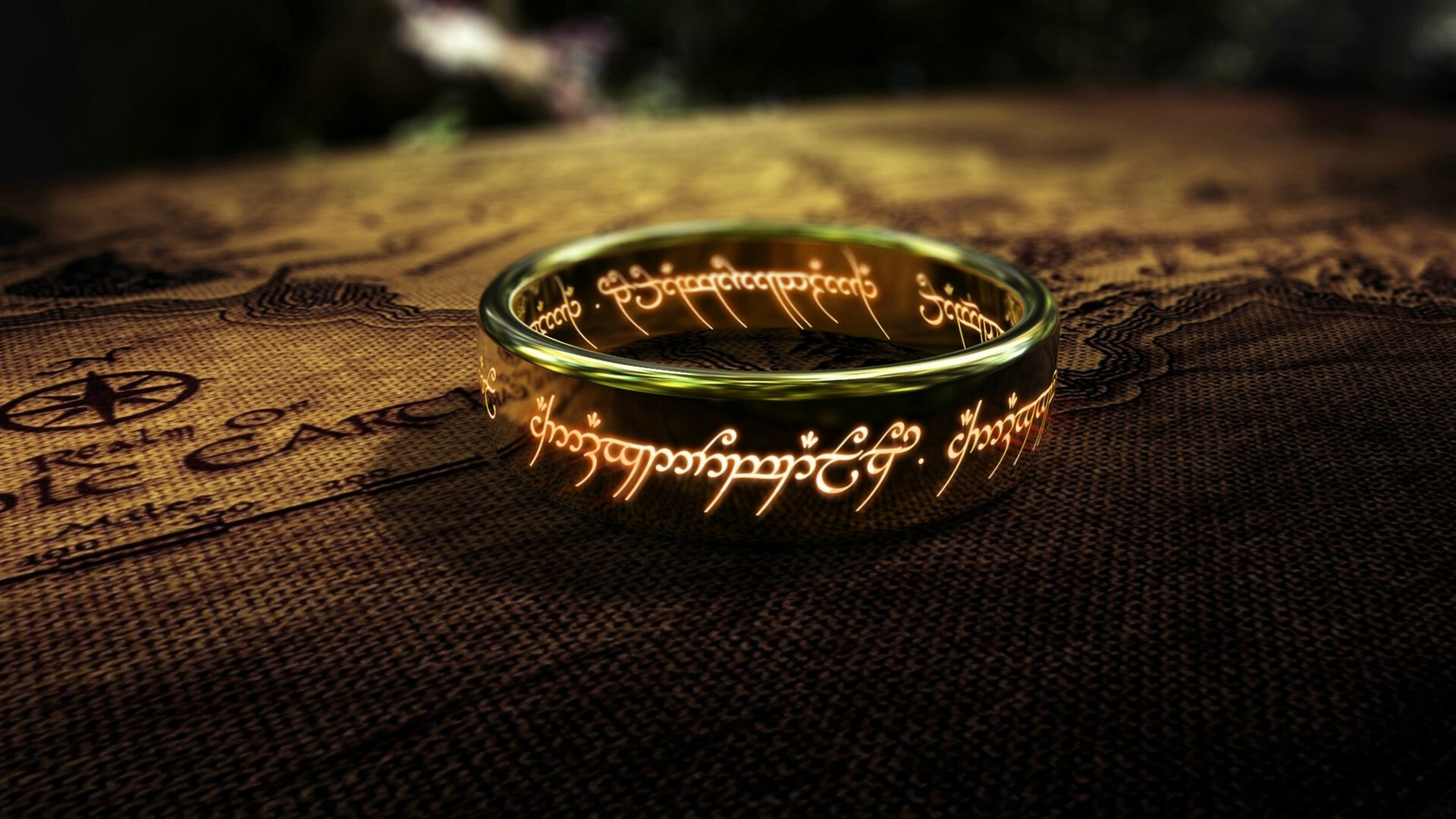Considering choice, Drout asks, is Frodo really the hero of The Lord of the Rings? From Frodo’s words inside Mount Doom, it is easy to conclude that Frodo is not a hero, but choice is weighed differently in myth and literature. Tolkien often emphasizes the inward thought such as when he tells us that the bravest thing Bilbo ever did was not stealing from Smaug, or riddling with him in his lair, but Bilbo’s decision to face the dragon. Frodo’s and Gollum’s decisions concerning the Ring are insignificant compared with their choices, and both choices are freely evil ones. But Tolkien gives his gift of grace to Frodo and withholds it from Gollum. Tolkien bases his choice on the whole of the choices of his characters. Our modern sensibilities would perhaps reward Gollum with a promotion, a salary increase, and floor seats to the New York Nicks, but not Tolkien! This is not his choice.
Grace is Tolkien’s constant, often undeserved gift. Aside from Frodo’s grace to Gollum, grace is ever present in The Lord of the Rings such as the Rohirrim’s mercy to the Hillmen after Helm’s Deep and Gandalf’s attempts to sway Saruman at Orthanc. Grace is often discussed, but not always understood. The best example is in the Gospel of Matthew when Jesus tells a parable that makes little economic sense — the story of the landowner and the workers in the vineyard. In the story, the landowner hires men one morning to work in his vineyard, and promises them a denarius for their wages. Three hours later, the landowner hires others to work in the vineyard, and every three hours after that he hired more men to work in the vineyard. When evening came, the landowner called all the workers and paid them: all the workers, from the ones who started in the morning to those who were hired at the eleventh hour, were paid the denarius offered to the early workers. The parable explains that grace is not something calculated, contracted, or even earned: it is a gift.
As Paul explains in his legalese letter to the Romans, the gift of Christ and grace is necessary because salvation is otherwise impossible. In the same way, grace is necessary for Frodo because otherwise his task is impossible. Before the climax of Tolkien’s long novel, Frodo has faced so many trials and struggles, including separation from his friends, the loss of Gandalf, and the mines of Moria, all for this moment so Frodo could bring Sauron’s ring to the one place in Middle-earth where its destruction is possible. No other character in The Lord of the Rings—not Aragorn, Galadriel, Gandalf, not even Sam—could have brought the Ring of Power so far. Yes, Frodo does fail. Worse than failure, as Frodo faces the chasm inside Mount Doom, he has decided, now and forever, to join himself to the very evil he wished to destroy. Like Orwell’s Winston, Frodo has lost himself. It is grace that saves Frodo and Middle-earth from the diabolical Sauron. But the fact that Frodo needs help to do what he has come to do does not diminish him in Tolkien’s eyes. As Gandalf says to Bilbo at the end of his own adventure:
You don’t really suppose, do you, that all your adventures and escapes were managed by mere luck, just for your sole benefit? You are a very fine person, Mr. Baggins…but you are only quite a little fellow in a wide world after all!
Gandalf’s words are a great comfort to Bilbo and all of Tolkien’s characters. Tolkien’s little hobbits find courage within themselves and strength that they thought they never had. However, Tolkien never intended these little Halflings to defy the Dark Lord and save Middle-earth single-handedly, and they don’t need to. For Winston in 1984, grace does not exist because Orwell failed to provide it. Winston can only place his hope in man, but towards the novel’s climax, he can only put faith in himself that “To die hating them, that was freedom.” Orwell creates a world where only man, like the coral in the glass, is small, delicate, and alone. And this is the choice of the authors that makes Orwell’s 1984 different from Lord of the Rings: Frodo Baggins and Tolkien’s other hobbits don’t have Winston’s pressure. No matter their dangers, fears, or triumphs, Tolkien’s hobbits have the comfort of knowing that they are only ‘quite little fellows’ in a much larger scheme.
Excerpt from article originally published in Mallorn: Journal of the Tolkien Society, Issue 45 Spring 2008.







